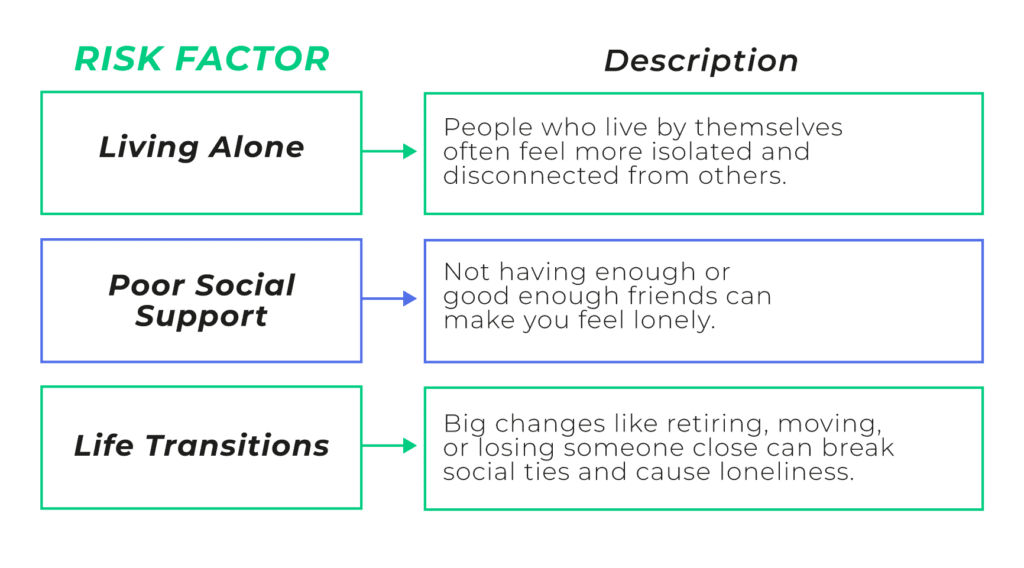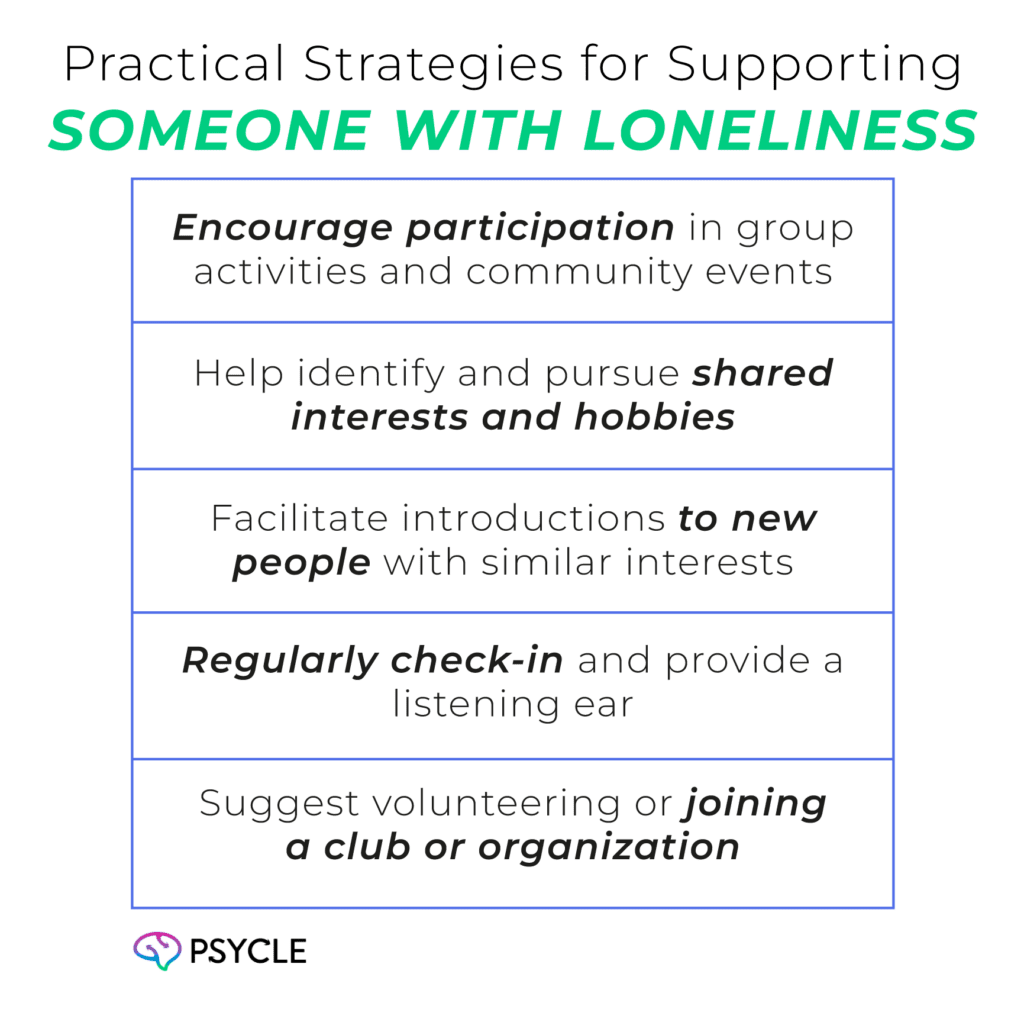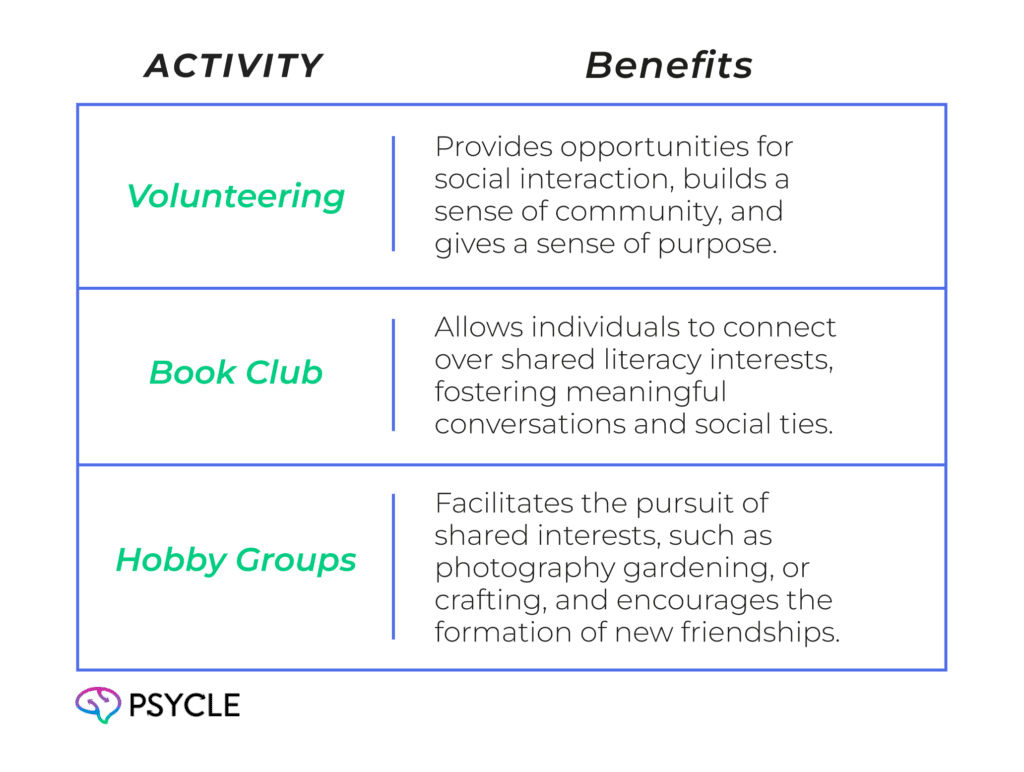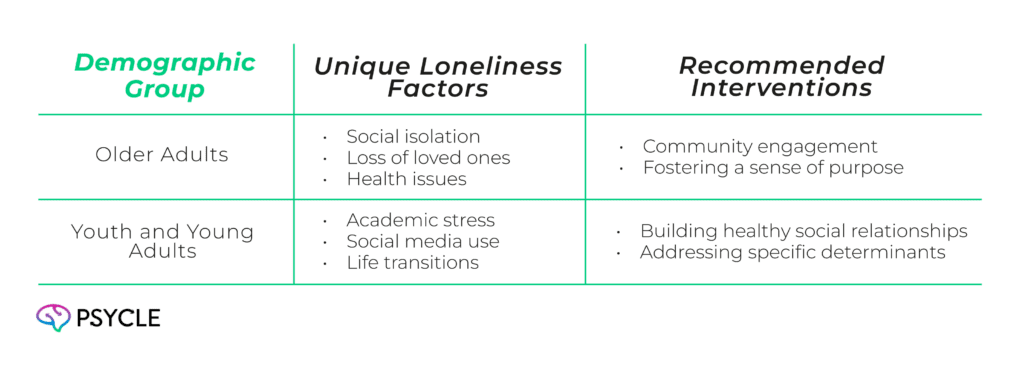Loneliness affects many people and can harm their mental health and happiness. It’s important to help those close to us who feel alone. This article will share ways to support those feeling isolated and disconnected.
We’ll look at how to understand and help with loneliness. We’ll also cover how to be a good listener and how to bring people together.
Key Takeaways
- Loneliness is a widespread issue that can have significant consequences for physical and mental health.
- Effective communication, empathy, and active listening are crucial in supporting individuals experiencing loneliness.
- Encouraging social connections, shared interests, and community involvement can help alleviate feelings of isolation.
- Incorporating mindfulness practices can be beneficial in addressing loneliness and promoting emotional well-being.
- Tailoring support strategies to specific populations, such as older adults and youth, is important for addressing their unique needs.
Understanding Loneliness: Impacts and Prevalence
Loneliness is a big issue that touches many people of all ages and backgrounds. It’s more than just feeling alone; it’s about feeling like you don’t have the social connections you want. This feeling can lead to serious health problems.
Loneliness as a Risk Factor for Health Issues
Studies show that feeling lonely can make you more likely to get sick. It can increase your risk of heart disease, stroke, and even death. Research by Valtorta et al. (2016) found that loneliness raises the risk of heart disease by 29% and stroke by 32%. Another study by Holt-Lunstad et al. (2015) showed that it’s as dangerous as being obese or not active.
Prevalence of Loneliness Across Different Populations
Loneliness is common in many groups of people. In the U.S. in 2020, 13.8% of adults always or often feel lonely (McGinty et al., 2020). In Europe and Asia, social isolation similarly affects many people. .
Some groups, like older adults, young people, and ethnic minorities, feel lonelier more often. Their living situations, social circles, and cultural background play a part in this (Cohen-Mansfield et al., 2016; de Jong et al., 2015; Rich Madsen et al., 2016).Knowing who feels lonely and why is key to tackling this issue. We need to work on building connections and well-being for everyone.
Why Loneliness Matters: The Need for Social Connection
Loneliness is now a major health concern. Studies show it’s common and bad for our health. We all need social connection to stay healthy in body and mind.
Knowing how important social ties are and the harm loneliness causes, we can help people and communities. By supporting each other and doing social things, we can greatly improve health for everyone.
Recognizing the Signs of Loneliness
Knowing the signs of loneliness can help us better support those in need. Loneliness manifests in many ways, including emotional and behavioral indicators and risk factors.
Emotional and Behavioral Indicators
Feeling sadness, anxiety, and a deep emptiness or disconnection are common signs of loneliness. People may also pull back socially, stop taking part in activities, and struggle to make or keep friends (Heinrich & Gullone, 2006).
Risk Factors for Loneliness
Many things can make someone more likely to feel lonely. These include social, psychological, and demographic factors. For example, living alone, having poor social support, and going through big life changes can all play a part.

Understanding the emotional, behavioral, and risk factors of loneliness helps us help those who are lonely. We can then meet their specific needs more effectively.
Effective Communication Strategies
Using smart ways to communicate with someone who feels lonely can really help. Key parts of this are listening well and showing you care.
Active Listening and Empathetic Responses
Active listening means really focusing on what the person is saying. Don’t interrupt or get distracted. Showing you’re fully there makes them feel heard and supported.
When you respond with empathy, you show you get what they’re going through.
- Active listening means staying in the moment and not thinking about what to say next.
- Empathetic responses mean you say you understand how they feel and that you care.
- These ways of talking can make someone feel like they’re not alone, which helps them feel more connected.
Using these communication strategies can give the support and understanding people need when they’re feeling lonely.
How to Help Someone with Loneliness
Helping someone who feels lonely needs a thoughtful approach. We should focus on building strong social connections. This helps reduce loneliness and helps people feel they belong.
Encouraging them to join group activities is a good step. This could be community events or support groups. These activities help make new friends and create a sense of belonging. Identifying and pursuing shared interests and hobbies is also key. It helps connect with others and find purpose.
Also, suggesting volunteering or joining a group can help them meet new people and find purpose.

By using these strategies and being supportive, we can help someone with loneliness.
Fostering Social Connections and Meaningful Activities
Building strong social connections and doing purposeful activities are key to fighting loneliness. People feel like they belong when they’re a part of group activities and shared interests. This leads to forming deep relationships.
Group Activities and Community Involvement
Being part of groups, like volunteering or social clubs, fights loneliness well. These activities let people meet others with similar values and interests. They also make people feel like they’re part of a community.
Identifying and Pursuing Shared Interests
Helping people find and follow their hobbies is another way to make friends. When folks do what they love, they meet others who love the same things. This creates a solid base for deep friendships.

By promoting social connections through group activities and shared hobbies, we help people beat loneliness. This leads to a stronger sense of belonging and purpose in life.
The Role of Mindfulness in Alleviating Loneliness
Finding relief from loneliness can seem tough, but mindfulness might help. It means being aware of the now without judging.
Benefits of Mindfulness Practices
Mindfulness boosts empathy and communication skills. It helps people understand and connect better with others. This leads to stronger friendships and a sense of belonging, fighting loneliness.
It also reduces stress and improves mental health. By not judging their feelings, people can handle loneliness better. This leads to a happier mood, more self-acceptance, and peace.
Mindfulness makes people more alert to their social world. This helps them spot chances for real connections and to deal with others smoothly.
Those feeling lonely can gain more self-awareness, empathy, and social ties by adding mindfulness to their life.
Tailoring Support for Specific Populations
When we talk about loneliness, we must think about the special needs of different groups. Each group faces loneliness in its own way and needs special help.
Considerations for Older Adults
Older people often feel lonely because they might be alone more, have lost friends, or have health problems . We should help them make new friends and give them things to do in their communities.
Addressing Loneliness in Youth and Young Adults
Young people and those in their early twenties might feel lonely because of school stress, too much time on social media, or big changes in life. We can help them by focusing on making strong friendships.
With the right help, people of all ages and backgrounds can feel more connected and happy.

By focusing on the special needs of different groups, we can really help fight loneliness. This way, we make sure everyone in our communities feels connected and happy.
Conclusion
Dealing with loneliness requires a plan that looks at the mind, social life, and health effects. By understanding more about loneliness, we can help people and communities..
Good communication, like listening and showing empathy, helps build stronger bonds. It makes people feel they belong. Also, by getting people together, finding common interests, and using mindfulness, we can help them find purpose and connect with others.
With kindness, understanding, and focusing on different needs, we can lessen the harm of being alone. This helps people live better in a world where they feel connected.
FAQs
What is the Definition of Loneliness?
Loneliness is when you feel like you don’t have enough friends or connections. What you want in your social life is different from what you have.
What are the Health Impacts of Loneliness?
Being lonely can make you sick. It can lead to heart disease, stroke, and even death.
Which Populations are at a Higher Risk of Loneliness?
Many people feel lonely, but some groups are more at risk. This includes older adults, young people, and those from different ethnic backgrounds.
What are the Emotional and Behavioral Indicators of Loneliness?
Feeling sad, anxious, or empty can show you’re lonely. You might also stop socializing, avoid activities, or struggle to make friends.

